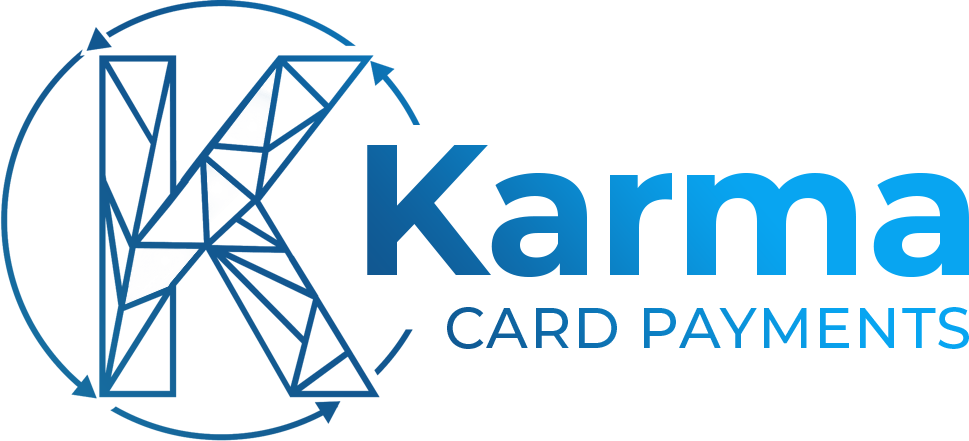The legal framework for selling cannabidiol (CBD) online is complex and varies significantly by state and federal regulations. Understanding these legal requirements is crucial for anyone looking to enter the CBD market online.
Key factors to consider include:
Licensing: Many states require at least a business license, and others may require specific CBD licenses, such as a consumable hemp product license. The exact type of license varies by state.
Testing and Labeling: States may mandate third-party testing of CBD products to confirm THC levels, and proper labeling is usually required. Accurate product labeling includes information on potency, ingredients, and potential allergens.
Sales Channel Compliance: Regulations can differ based on where products are sold, so online sales may be subject to different rules compared to brick-and-mortar sales. Retailer registration might be necessary even for online platforms.
Marketing and Advertising Restrictions: When selling CBD products online, sellers must also adhere to marketing regulations. The FDA restricts health claims about CBD products, and misleading advertising can lead to enforcement actions. Additionally, CBD advertisements may need to comply with regulations from the Federal Trade Commission (FTC).
Financial and Banking Considerations: Due to the high-risk nature of CBD, securing a merchant account specifically for CBD transactions can be challenging. Many payment processors categorize CBD as a high-risk commodity. Therefore, using a provider familiar with the requirements of CBD sales is essential for business viability. Required documentation may include lab reports, information on product sources, and proof of compliance with state regulations.

